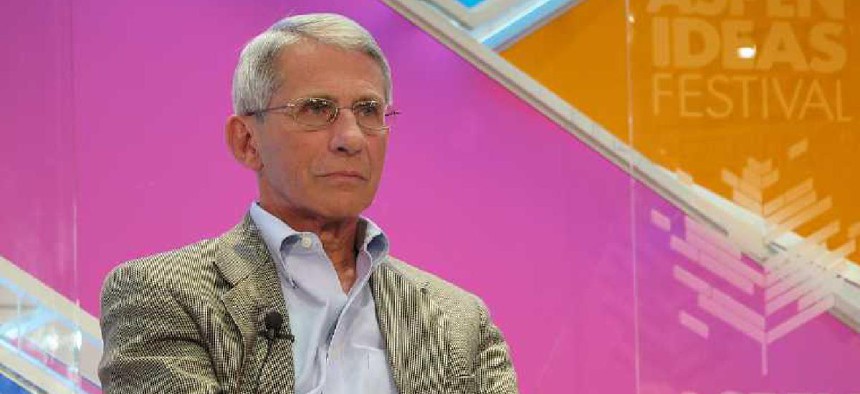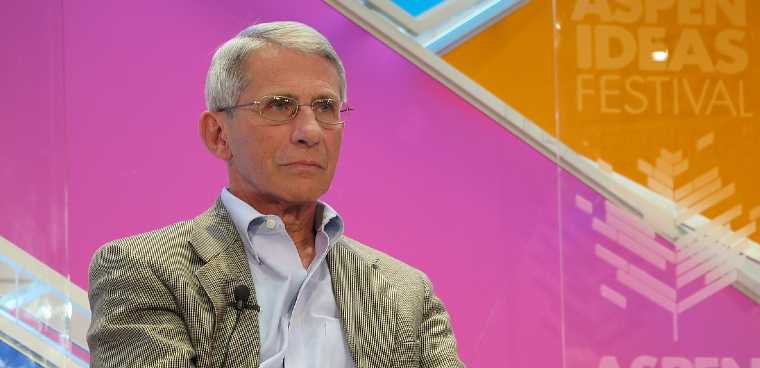Let's call Dr. Fauci by his proper title -- public servant

Steve Kelman argues that Americans need to understand the essential contributions civil servants make to our society's mix.

Anthony Fauci is a career civil servant who has led the National Institutes of Health's National Institute of Allergy and Infectious Diseases continuously since 1984. He has worked for NIH since graduating from medical school in 1968.
When we watch Fauci in action, we see a consistent pattern. He does not scream or emote. He does not use circumlocutions. He does not attack others. Above all, he emphasizes the importance of facts, evidence and reason. He tells the truth, even if inconvenient. Because of his non-partisanship, he has much greater credibility with the public.
In a brilliant column for USA Today, David Rubenstein, the billionaire head of the Carlyle Group and one-time government official (who also heads our fundraising effort at the Kennedy School), notes that Fauci still lives in the same house he bought after medical school, until recently took the Metro to work, and passes up an official car for speeches in favor of the public transit. Rubenstein recounts that a number of years ago he asked Fauci whether he might want to leave government for the private sector, he responded that he didn't need the money and wanted to stay where he was.
What we all need to do now is call out how Fauci represents the tradition of public service in our career workforce. I assume many readers will recognize that my description of Fauci's style tracks our civil service's core values.
The culture Fauci represents is very different from the "move fast and break things" approach famously advocated by Mark Zuckerberg at Facebook. Fauci's is more "move carefully and save things."
I'm certainly not saying there is no role for the kind of disruption that Silicon Valley represents in our society. But Americans need to understand that our civil service, as personified by Fauci, contributes another essential element of our society's mix. During the current crisis, it's expecially important to recognize the alternative, but vital, view of how to help society that Fauci represents.
If we come out of this crisis with a greater appreciation of the role of public servants, out of all the bad will at least come some good.


